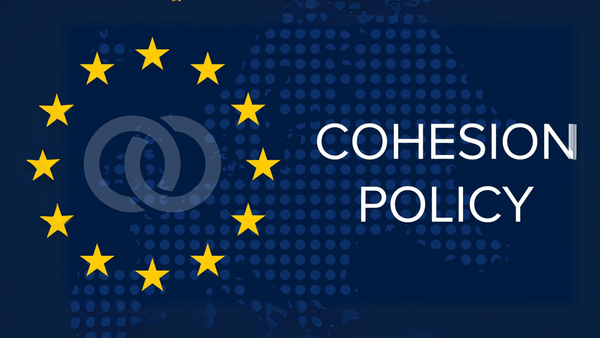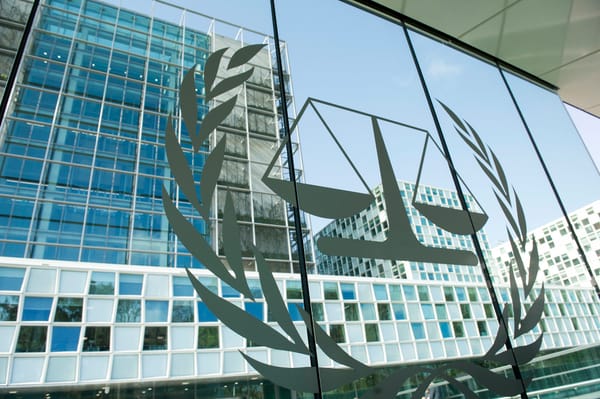
Hungary and its Alliance Forged in the Past
Moscow has used Hungary as a gateway to the EU and consistently uses Russian finances to maintain the goodwill of the Orbán government.
During the decades of the Cold War, Hungary was heavily dependent on the Soviet Union, both economically and politically. However, this has changed following the political transition in 1989/90. Today, among the EU countries, Hungary has the closest relations with Russia, due to political and economic reasons. Russian FDI plays a rather negligible role in Hungary, which means also that Hungary is not an important destination for Russian FDI among CEE countries.
Russia remained Hungary’s dominant supplier of both gas and nuclear energy — together accounting for about half of its energy mix; by 2030 they are expected to grow to about 60 percent, according to the government’s energy strategy. At the moment Russia supplies practically all of the 8-10 billion cubic meters of gas Hungary consumes annually. In the meantime, an opportunity is emerging for Hungary regarding a southern gas route, which is especially important for Russia in order to bypass Ukraine, a strategic rival. So the question is just how much capacity the Hungarian government will offer to other suppliers from that direction. Some observers note that the government is currently stalling for time.
With Hungary’s long-term gas delivery contract expiring, in 2013 Gazprom waived take-or-pay clauses — which require a client to pay for a certain volume of gas whether they have used it or not, and which have been a source of tension with other customers in the region as well. That allowed the Russian energy giant to continue delivering gas to Hungary under contract until the end of 2018.
The Kremlin is also involved in Hungarian electricity provider MVM Group’s nuclear operations. The Russian state nuclear agency Rosatom is the lead contractor on a EUR 12 billion project to expand Hungary’s Paks nuclear plant, where Moscow is providing 80% of the financing. Critics, including Brussels and the U.S., still worry that whatever the price tag for Paks is, and rates for Russian gas are, Hungary will be dependent on Moscow for a major chunk of its energy mix.
In 2019, a Hungarian law came into force on moving the headquarters of the Moscow-based International Investment Bank (IIB) to Budapest. At present, the IIB has nine members: Russia, Bulgaria, Hungary, the Czech Republic, Romania, Slovakia, Cuba, Mongolia, and Vietnam. The bank’s top three shareholders by paid-in capital are Russia, Bulgaria, and Hungary, with 46.03%, 12.95%, and 12.27%, respectively. In its current form, the law could create serious security challenges, not only for Hungary but the members of the European Union and NATO.
As Hungary was a member of the Warsaw Pact for many decades, its military purchases were of Russian origin for a long time. In the field of military procurement, however, it has exhibited a Western orientation. Hungary has strengthened its security and defense relations with core European powers, primarily through its major defense acquisition program, Zrínyi 2026. Within the context of this program, Hungary has begun to replace or establish completely new military capabilities, from tanks to howitzers, infantry vehicles, fixed-wing transport aircraft, and helicopters, all European – mostly German-, Swedish- or French made.
According to analysis from the Center for Strategic and International Studies (CSIS) , Russian economic influence prevails in Hungary through the political sphere: the two-thirds majority agrees to the financing of huge infrastructure projects, which will then increase Moscow’s lobbying power in Hungary, as is the case with the Paks agreement. According to András Rácz, a Hungarian expert on Russia, the Russian-Hungarian system of relations is an asymmetric system of relations entailing ad hoc interests, in the framework of which the Hungarian government seeks good election results with the help of cheap energy prices and the Russian side seeks influence in the EU, in the form of lifting EU sanctions, among others.
“Here is Russia, which – let’s be frank – has survived Western attempts to isolate and overthrow the regime, the low price of oil, sanctions, and the internal activity of independent, impartial, allegedly non-governmental organizations void of any outside interference. Russia has survived all of this, so it is here, and therefore it is not very reasonable – especially in Europe – to disregard the force and opportunity presented by Russia.” (Viktor Orbán, 2017)
Traditionally, especially since 2002, the typical roleplay in Hungary’s Parliament has been that respective governments argue for the necessity of pragmatic economic cooperation with Russia, while the opposition criticizes that position. That was the situation from 2002 to 2010 (and especially between 2006 and 2010), under the socialist–liberal governments; and it has been the same since 2010, during the time of the Orbán government. While in opposition, Fidesz voters were very critical of Russia, but during the second and third Orbán administrations that has clearly changed, as early as 2014, but more emphatically in 2018.
Hungary joined the European Union in 2004. The governments during the accession process and beyond have been committed to the European Union. However, this has changed in the last decade, since the Orbán government came to power: EU issues have also become a part of domestic political struggles. A similar trend can be observed in the field of Hungarian-Russian relations, which is also used by the Hungarian Prime Minister to strengthen his position in the European Union. But this is a two-way weapon, as Hungary is also a tool for Russia in EU affairs.





